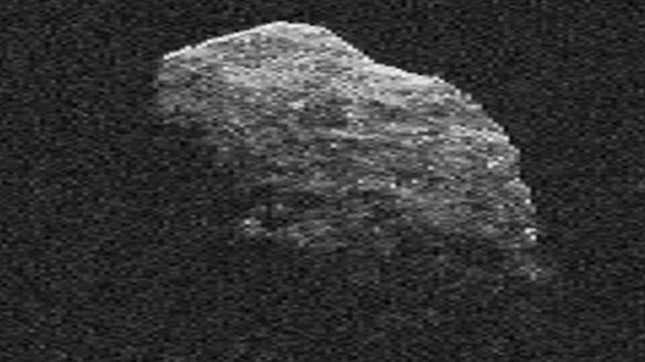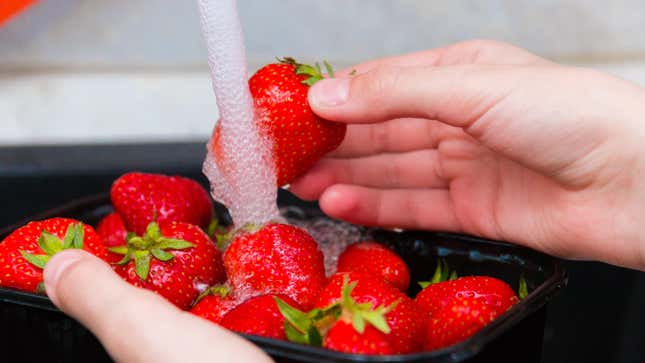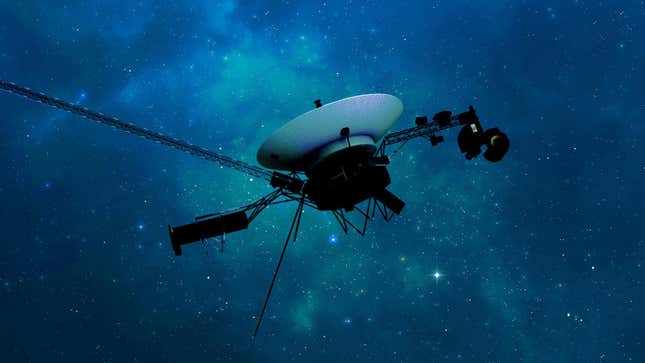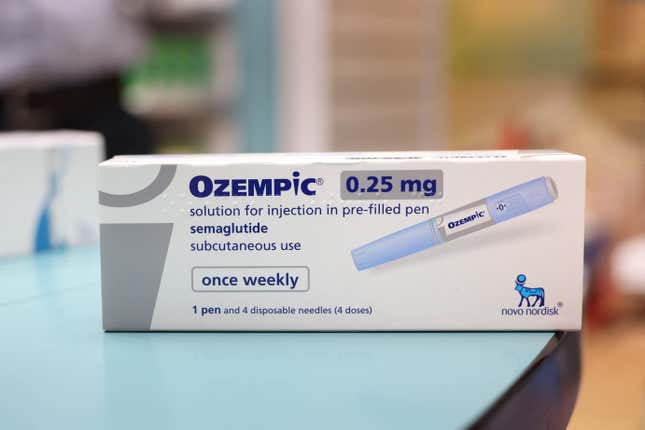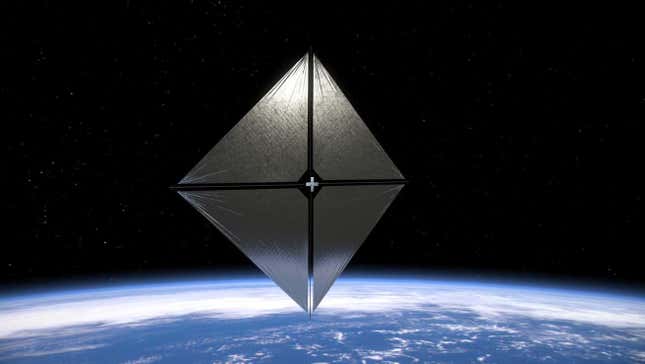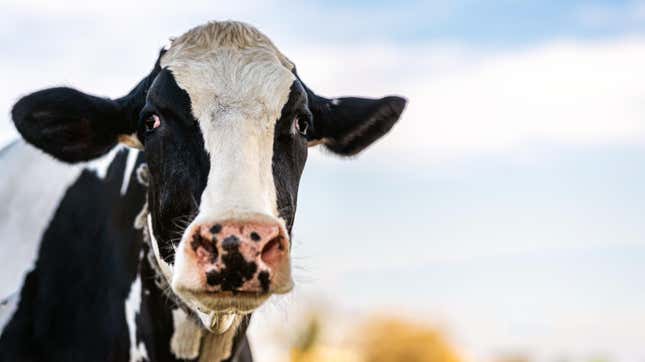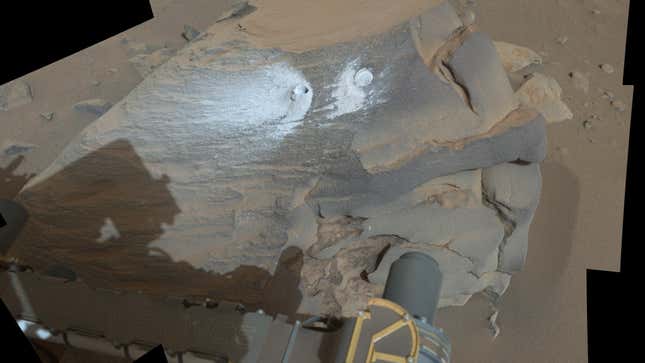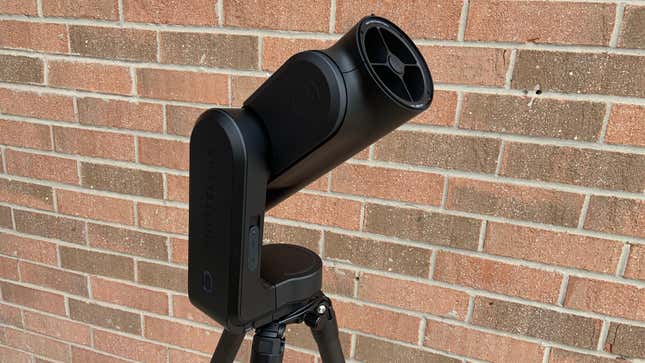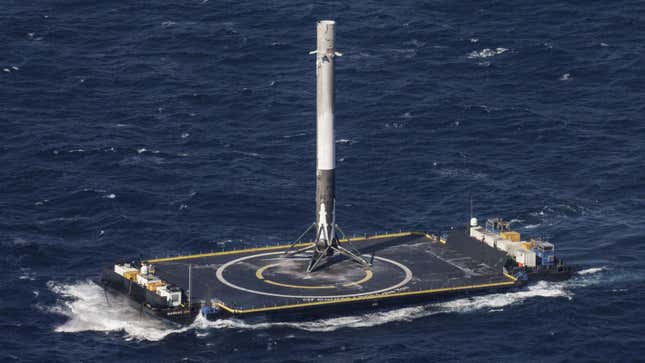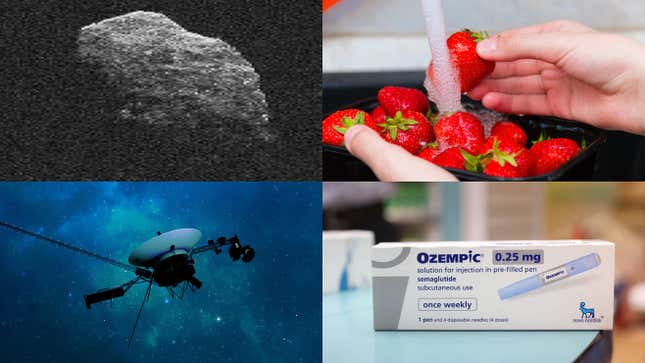
In our top stories this week, reporter Passant Rabie explores potential projects to visit and study asteroid Apophis when it performs a close encounter with Earth in 2029. Consumer Reports reveals that about 20% of fruits and vegetables sold in the U.S. may have unsafe pesticide levels, raising concerns about whether rinsing under the tap effectively removes these residues. NASA confirmed that the Voyager 1 probe, after months of spewing gibberish, is finally making sense again, and researchers pinpoint the source of the famous Hope Diamond. - George Dvorsky
